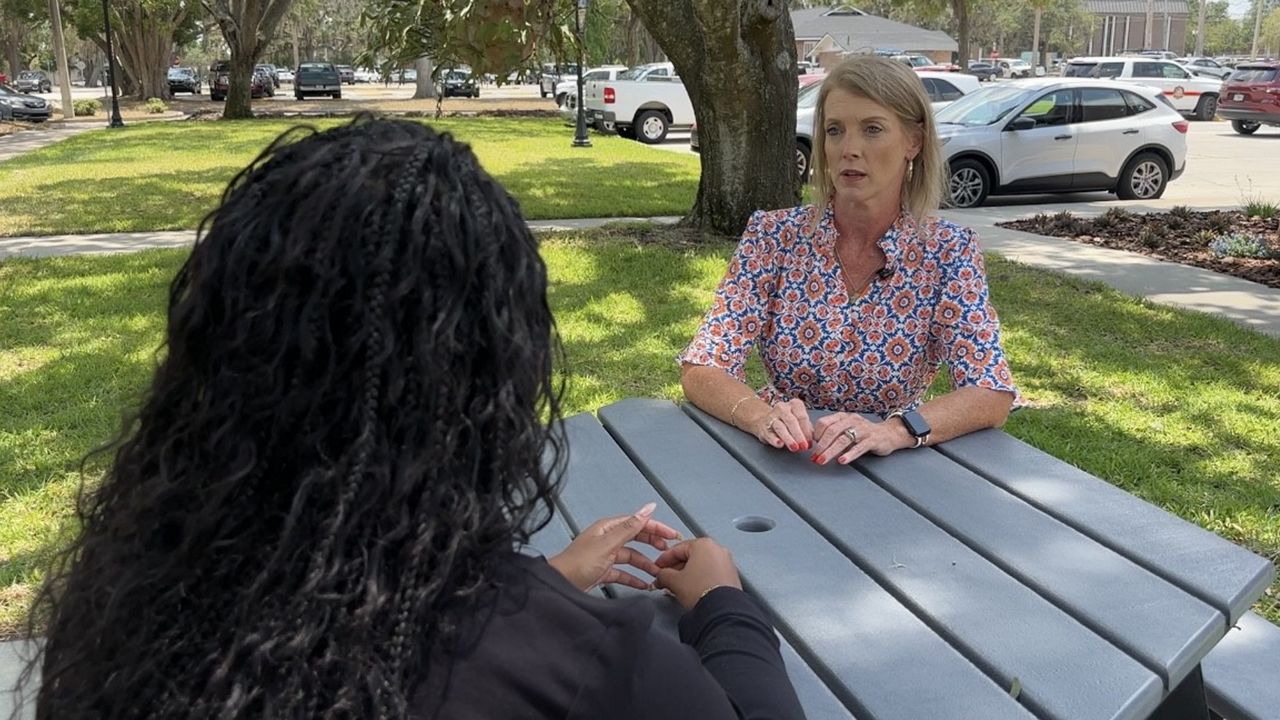BARTOW, Fla. – Bartow leaders are weighing in as Gov. Ron DeSantis prepares to sign a bill that will ban the use of fluoride.
City commissioners voted 3–2 in March to continue adding the mineral to the city’s drinking water.
That decision will soon be overturned, as Senate Bill 700 will require municipalities to end the long-standing practice.
Like other Bartow city commissioners, Vice Mayor Laura Simpson saw the legislation coming.
“I knew during our conversations with constituents and having our public meetings that was already going to be on the table with the state,” she said.
Despite that, Simpson said she voted to keep adding fluoride to the city’s drinking water after weeks of doing her own research.
“My core was not telling me that there was enough justification for removal when we have so much history, so much success in visiting with dentists that have worked in communities with and without fluoride that have seen the difference — I just didn’t think we could discount what our dental community was telling us,” Simpson said.
Dental experts say fluoridated water has proven to effectively prevent tooth decay over the years. But studies, like one the U.S. Department of Health and Human Services released in January, show that high fluoride exposure can negatively impact children’s developing brains and lead to lower IQs. This is part of the reason why State Surgeon General Joseph Ladapo, with the support of Gov. DeSantis, called for municipalities to end the practice.
While Simpson respects their decision to ban it, she says the move is unfortunate.
“I don’t like the overreach when the state of Florida comes in and tells municipalities what their decisions are going to be,” she said. “There are also Bartow residents that are passionate about keeping fluoride. And they’re not the ones that are coming to the meetings and they’re not the ones who are sending the emails every week. We appreciate the communication from those who are very passionate about it, but there are residents in Bartow that want to keep fluoride here and so that was the voice I was trying to provide.”
Simpson said that includes underserved communities that don’t have fluoride readily available. However, she plans to find ways to help provide better access for those areas. Ultimately, she hopes to shift the conversation from debating pros and cons to focusing on solutions and follow-through.
Once signed, Senate Bill 700 will go into effect on July 1. The legislation covers more than just fluoride. It prohibits the addition of any chemical additive to public water systems that is not intended to meet or exceed drinking water standards.
